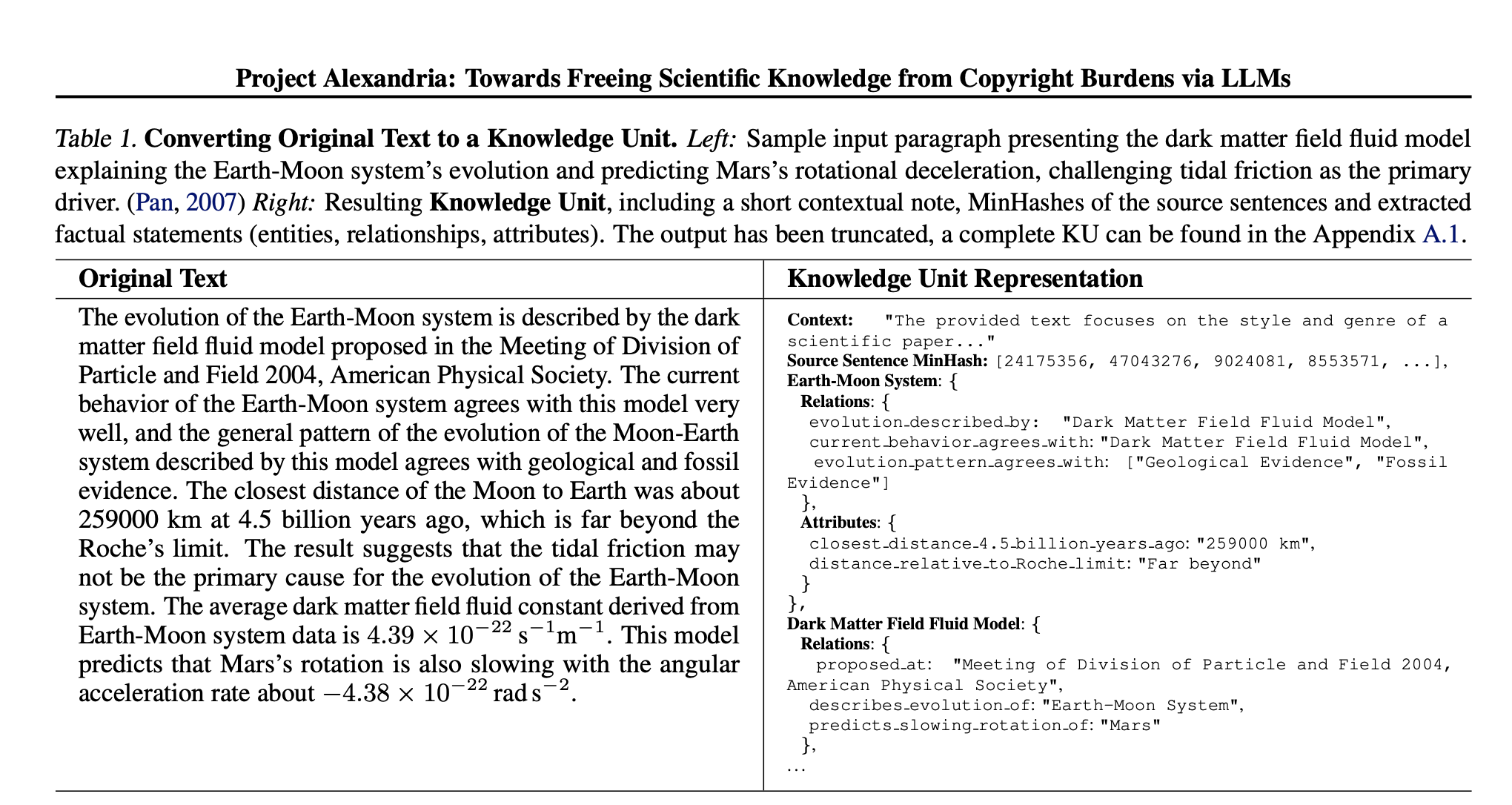
Introduction
Scientific publishing has grown significantly in recent decades. However, access to vital research remains limited for many, especially in developing countries, independent researchers, and small academic institutions. Rising journal subscription costs worsen this issue, restricting knowledge availability even in well-funded universities. Despite the push for Open Access (OA), barriers persist, as seen in access losses in Germany and the U.S. due to disputes with publishers. This limitation hampers scientific progress, prompting researchers to seek alternative methods for making knowledge more accessible while adhering to copyright laws.
Current Access Methods
Researchers primarily access scientific content through subscriptions, institutional access, or ambiguous repositories. These methods are often financially unsustainable or legally questionable. While OA publishing is beneficial, it does not fully resolve the accessibility crisis. Large Language Models (LLMs) provide a new method for extracting and summarizing knowledge from scholarly texts, yet they raise copyright concerns regarding the separation of factual content from creative expressions.
Project Alexandria
The research team proposes Project Alexandria, introducing Knowledge Units (KUs) to extract factual information while omitting stylistic elements. KUs encode key scientific insights—definitions, relationships, and methodologies—into a structured database, ensuring only non-copyrightable factual content is preserved. This framework aligns with legal principles that state facts cannot be copyrighted, only their specific phrasing and presentation.
Knowledge Unit Structure
KUs are generated through an LLM pipeline that processes scholarly texts in paragraph-sized segments, extracting core concepts and their relationships. Each KU includes:
- Entities: Core scientific concepts identified in the text.
- Relationships: Connections between entities, including causal or definitional links.
- Attributes: Specific details related to entities.
- Context Summary: A brief overview ensuring coherence across multiple KUs.
- Sentence MinHash: A fingerprint to track the source text without storing the original phrasing.
Legal Compliance
This approach balances knowledge retention with legal defensibility. The framework complies with both German and U.S. copyright laws, allowing data mining under specific exemptions. The research team demonstrates that KUs meet these legal conditions by excluding expressive elements while preserving factual content.
Effectiveness of KUs
The team conducted multiple-choice question tests using abstracts and full-text articles from various fields. Results indicate that LLMs using KUs achieve nearly the same accuracy as those using original texts, suggesting that most relevant information is retained despite the removal of expressive elements. Plagiarism detection tools confirm minimal overlap between KUs and original texts, reinforcing the method’s legal viability.
Limitations of Existing Methods
The research also addresses the limitations of current alternatives. Text embeddings fail to capture precise factual details, while direct paraphrasing methods risk copyright violations. In contrast, KUs offer a structured and legally sound approach.
Addressing Criticisms
Concerns about citation dilution and loss of nuance in scientific research are acknowledged. Traceable attribution systems can mitigate citation dilution, while most complex elements like mathematical proofs are not copyrightable. Recommendations for hybrid human-AI validation systems enhance reliability.
Broader Impact
Freely accessible scientific knowledge benefits multiple sectors. Researchers can collaborate more effectively, healthcare professionals access critical medical research, and educators develop high-quality curricula without cost barriers. Open scientific knowledge promotes public trust and transparency, reducing misinformation.
Future Directions
The team identifies several research directions, including refining factual accuracy, developing educational applications for KUs, and establishing interoperability standards for knowledge graphs. They propose integrating KUs into a broader semantic web for scientific discovery, leveraging AI to automate and validate extracted knowledge at scale.
Conclusion
Project Alexandria offers a promising framework for making scientific knowledge more accessible while respecting copyright constraints. By extracting factual content from scholarly texts into Knowledge Units, this approach provides a legally viable and effective solution to the accessibility crisis in scientific publishing.
Get Involved
Check out the Paper and Project. All credit for this research goes to the researchers of this project. Follow us on Twitter and join our 80k+ ML SubReddit.
Explore AI Solutions
Discover how artificial intelligence can transform your work processes. Identify areas for automation and customer interactions where AI can add value. Monitor key performance indicators to ensure your AI investments yield positive results. Start small, gather data, and gradually expand your AI initiatives.
For guidance on managing AI in business, contact us at hello@itinai.ru. Connect with us on Telegram, X, and LinkedIn.



























